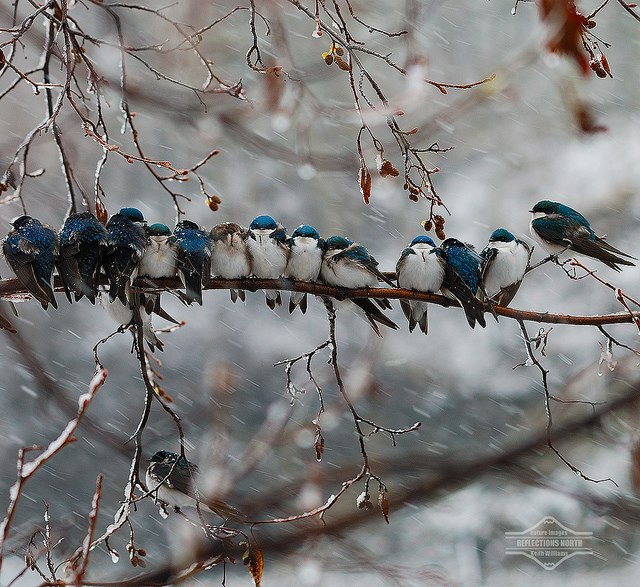We hear about extreme cold and other climate changes everyday: scorching temperatures in the South, the coldest winter on record in the Northeast and severe drought in the West. While some believe such extremes are a byproduct of man-made global climate change and others believe them to be the natural changes in weather patterns, there is no denying that extreme temperatures and weather events are hard to deal with, especially for plants and animals not used to such extremes.
However, a team of scientists from the University of Florida and Kansas State University has shown that insects are better able to adapt to extreme cold and other changes in temperature through acclimation and rapidly evolving than once thought possible; the research team also extrapolated that acclimating to extreme temperatures in order to survive may be a characteristic found in animals as well.
Scientists posit that organisms can either acclimate—offering as an example how a dog or horse will grow a thicker coat of fur during cold weather—or genetically evolve through a process called rapid climate adaptation. Using fruit flies, the team showed that nature offers enough genetic variation to allow fruit flies the ability to adjust to both long-term changes—such as the changing of seasons—and short-term changes—like a cold snap or extreme temperature change caused by the Polar Vortex phenomenon. The team identified a series of roughly 100 genes that may allow insects and animals to adjust quickly to extreme changes temperature.
In the face of extreme climate change, scientists believe that identifying those genes that are responsible for rapid adaptations will give us a tool of sorts to use in a variety of areas, such as identifying animals better suited for Agriculture applications in changing climates or to mitigate the effects of climate changes on wild organisms.


